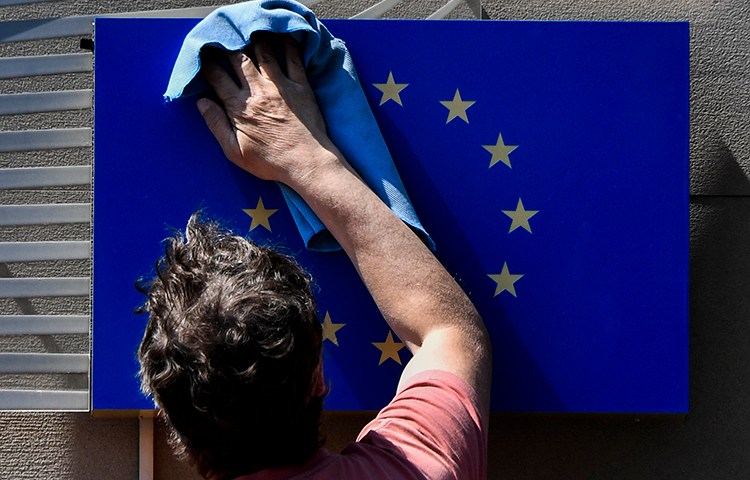
Press at risk as EU-based companies export surveillance software to hostile regimes
In August, Danish Foreign Minister Anders Samuelsen told the daily newspaper Information that the government had authorized sales of online surveillance software to several Middle Eastern countries. While acknowledging the potential for human rights violations that could result from the use of these tools, the minister said that Denmark has an interest in the fight…

Lens in Exile: CPJ Instagram takeover to put focus on photojournalists
To highlight the work of journalists living in exile, CPJ is collaborating with a group of photojournalists, who will take over our Instagram account to share their work, often from the very assignments that forced them to flee. As CPJ’s Journalist Assistance Program Coordinator and someone with a background in photography, it is project that…
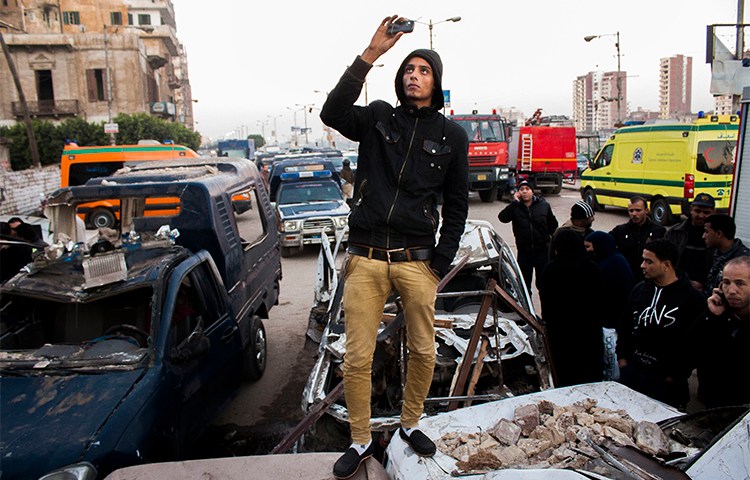
How surveillance, trolls, and fear of arrest affect Egypt’s journalists
As Egypt’s crackdown on the press extends to social media and other communication platforms, many journalists say phishing attempts, trolling, software to monitor social media posts, and a draft law that would require registration for social media users are making them think twice before covering sensitive issues.
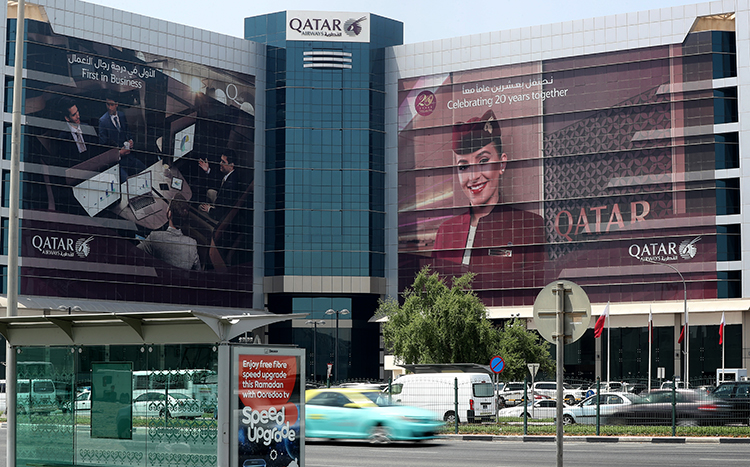
Amid Gulf tensions, press is used as a political pawn
Today Bahrain became the latest Gulf nation to put pressure on news outlets amid political tension, when its Interior Ministry announced that anyone publishing support or sympathy for Qatar faces up to five years in prison. The announcement came the day after the United Arab Emirates used the threat of prison to demarcate how journalists…
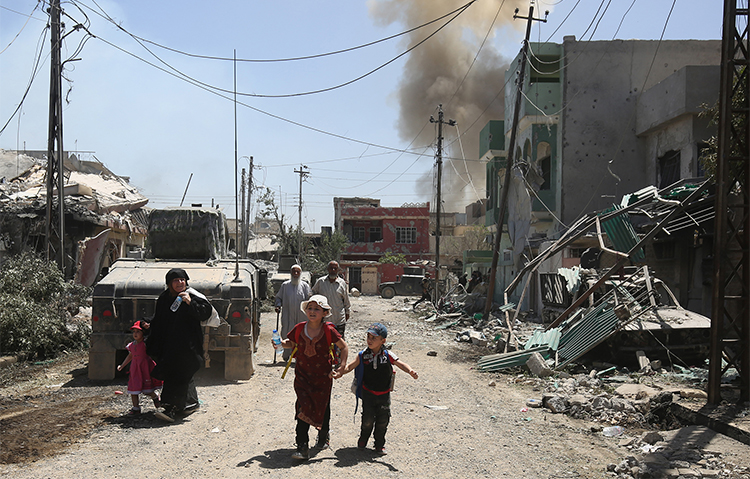
For Mosul journalists, no work or safety in post-Islamic State Iraq
For nearly three years, Mosul journalist Mohammad Talal al-Nuaimi lived in constant fear of being discovered and killed. The seizure of Mosul by the militant group Islamic State, or IS, in early June 2014 and the subsequent targeting of local journalists had forced him into hiding. He was unable to do any media-related work under…
CPJ joins call for Egypt to stop blocking access to news websites
The Committee to Protect Journalists joined 20 human rights and press freedom organizations in calling on Egyptian authorities to stop blocking access to Mada Masr and the 22 other news websites. The letter, sent May 26, says the blocking of the sites violates international standards.

Iran targets Telegram app as it seeks to control news ahead of May election
Iran has a history of cracking down on the independent press ahead of elections, with authorities arresting journalists and forcing reformist outlets to shut down. As Iranians prepare to vote in presidential and city council elections on May 19, authorities have turned their attention to Telegram, arresting several channel administrators for the app.
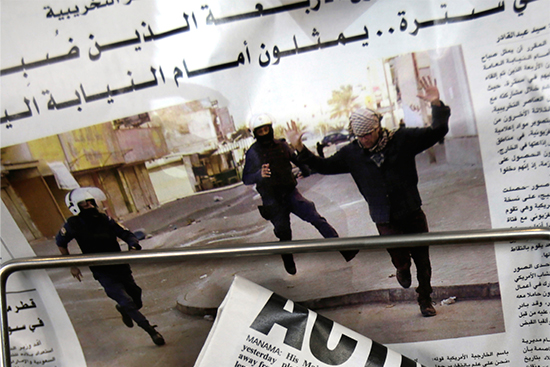
Bahrain denies accreditation to journalists
Bahrain has over the past year refused to grant accreditation to several of its own citizens who report for foreign and independent media, including those working for The Associated Press, Agence France-Presse, France 24, and Monte Carlo Doualiya. It has on multiple occasions not granted media visas to foreign journalists seeking entry. One of the…

Families of jailed journalists in Egypt await outcome of latest trials
Every two weeks Mohamed al-Fakharany prepares to visit his brother, Abdullah al-Fakharany, in prison. He packs food, clothes, books, and, most importantly, written responses to his older brother’s letters. Mohamed al-Fakharany, who told CPJ that he has never missed a visit, was only 11 when his brother– the executive director of opposition news outlet Rassd–was…
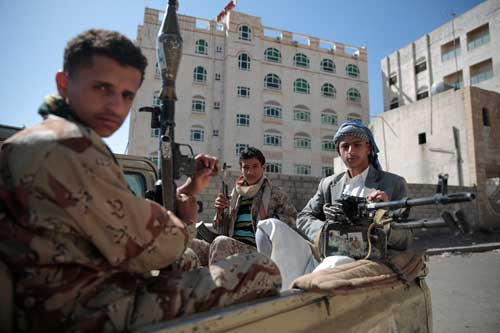
Collapse of state institutions leaves Yemeni journalists vulnerable
A journalist dies mysteriously in Yemen after receiving threats because of his work, and the resulting autopsy raises more questions than answers. A columnist in the same country is sentenced to death on espionage charges in an opaque trial.